#london to Calcutta
Explore tagged Tumblr posts
Text
What is the Longest Regular Bus Route in the World?
Between 1957 and 1976, an extraordinary bus service operated by Albert Tours offered adventurous travelers an unparalleled journey from London to Calcutta (now Kolkata), India. This remarkable service spanned 32,000 kilometers, making it the longest regular bus route in the world. The journey lasted 50 days for a round trip, with the fare set at an incredibly modest £145, inclusive of food and…
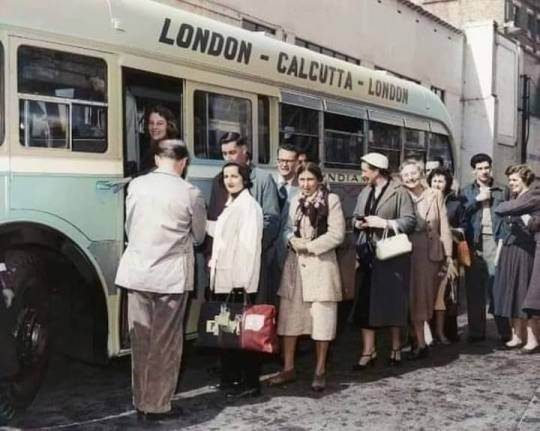
View On WordPress
#adventure travel#affordable travel#afghanistan#austria#belgium#bulgaria#bus travel#cultural travel#england#epic journey#exploration era#hippie trail#historical travel#India#Iran#london to Calcutta#overland adventure#pakistan#travel back in time#travel history#travel nostalgia#travelling#turkey#vintage travel#wanderlust#west germany#yugoslavia
2 notes
·
View notes
Text
calcutta, 2018
🎥: @ danaegerton3870
#sleep token#vessel#sleep token vessel#happy vesday!#calcutta#from london#2018 rituals#ii sounds incredible here i need to find a full vid to enjoy#lol whoops i posted this in january as well#i love this video sm 😭♥️
51 notes
·
View notes
Text

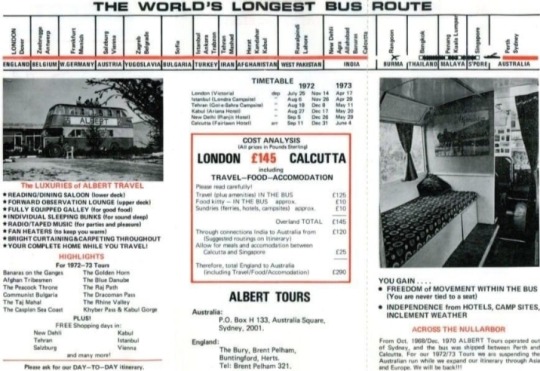
"London (England) - Calcutta (India) - London (England)"
This bus service from London to Calcutta (Kolkata) is considered to have been the longest bus route in the world.
The service, which was started in 1957 and operated by Albert Travel, was routed to India continuing after the UK, to Belgium, through Europe via (then) Yugoslavia, Türkiye, Iran, Afghanistan, and West Pakistan.
After entering India, it eventually reached Calcutta via New Delhi, Agra, Allahabad (Prayagraj) and Banaras (Varanasi).
This route became known as the 'Hippie Route.'
It took about 50 days for the bus to reach Calcutta from London.
The voyage was 32,669 km long and was in service until 1976.
By then, the cost of the trip was £145, including food, travel and accommodation.
The bus was equipped with reading facilities, separate sleeping bunks for everyone, and fan-operated heaters.
There was a kitchen with all equipment and amenities.
There was a forward observation lounge on the upper deck of the later version of the bus.
The bus provided radio and music system for parties. It had time to spend at major tourist destinations along the way, including Banaras and the Taj Mahal on the banks of the Ganges.
Shopping breaks were organized in Salzburg, Vienna, Istanbul, Kabul and Tehran.
#Albert Travel#bus service#bus route#Hippie Route#London#Calcutta#Kolkata#India#travel#travel tours#longest bus route#1900s#20th century
39 notes
·
View notes
Text

Starting in 1957, a bus service from London to Calcutta (now Kolkata) operated, which was considered the longest bus route in the world at the time. This journey covered over 10,000 miles and took approximately 57 days to complete. This remarkable bus route was initiated by Albert Travel, a British travel company, and the service was known as the "Indiaman." The bus traversed through a variety of landscapes and countries, including England, France, Italy, Yugoslavia, Bulgaria, Turkey, Iran, Afghanistan, Pakistan, and finally India.
#history#british#british history#bus travel#calcutta#kolkata#london#1957#bus tour#bus trip#traveling#travel photography#tourism#hippie trail#touring
5 notes
·
View notes
Text
The lasting legacies of Iraqi Jewish traditions
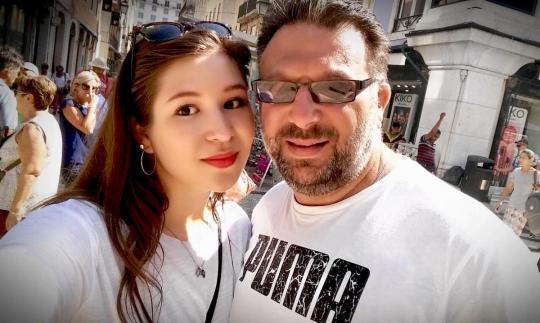
The Baghdadi Jewish community in India may only be around 50 strong today, as documented by the Jewish Women’s Archive, but the larger diaspora is holding on to their history, as Barry Rodgers describes in The Hindu.
“My community [also called Mizrahi Jews, as they are from the Middle East and North Africa] embodies many diverse identities and has made significant contributions within India, despite often being overlooked in discussions,” says Ciara Shalome, 25, a London-based content creator.
She and a few others in the U.K. are doing their bit to chronicle their culture, especially through food.
Shalome has been documenting the lived history of the community — most of whom called Bombay and Calcutta home — through her TikTok channel Chaidentity (and more recently, on Instagram).

When she first started sharing content in 2022, she had noticed a recurring theme: an abundance of material related to Jewish culture, but with a focus on Ashkenazi Jews.
“I couldn’t help but see the glaring absence of representation for Mizrahi Jews. This realisation struck me particularly when I came across a video by an Ashkenazi content creator, where various individuals were sharing their favourite dishes.
As I awaited the inclusion of voices from the Mizrahi, I was met with absence.” So, she took up the challenge to bridge the divide.
#manchester#iraq#iraqi#london#uk#baghdad#liverpool#scotland#usa#jewish history#judaism#jewish culture#tower of london#los angeles#new york#bristol#middle east#india#bombay#calcutta#food security#food#foodie#foodporn#foodphotography#recipe
3 notes
·
View notes
Text
Road Trip to Afghanistan: Snapshots From the Lost Hippie Trail
0 notes
Text
Instead of having them sell their cargoes as they arrived from London, Calcutta and Canton, "eighteen of the leading and most opulent of the mercantile body" banded together to run the auctions themselves.
"Killing for Country: A Family History" - David Marr
#book quote#killing for country#david marr#nonfiction#cargo#selling#london#calcutta#canton#merchants#auction#auction house#auctioneer
0 notes
Text
A Doll's House (2019), feat. Assad Zaman
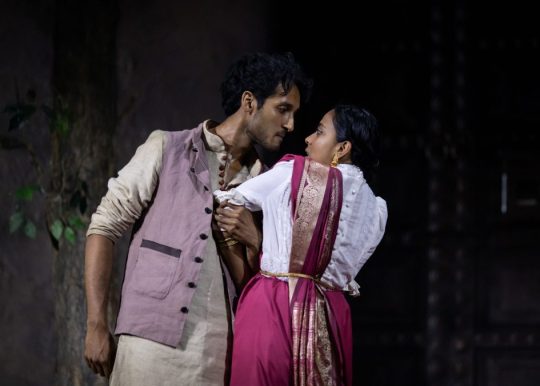
I've uploaded a copy here (~750MB, .mp4, accompanying .srt) of the 2019 adaptation of A Doll's House at the Lyric Hammersmith Theatre, London, which featured Assad Zaman in a supporting role.
Tanika Gupta’s new take on Ibsen’s classic text explores gender politics, ownership and race in 1879, Calcutta. The role of Niru – Nora in the original - was played by Anjana Vasan (Rutherford and Son/ Summer and Smoke) who was nominated for Best Actress at the Evening Standard Awards for the role. Niru’s husband, Tom Helmer – originally Torvald - was played by Elliot Cowan (An Ideal Husband). The cast also includes Arun Ghosh as Masterji, Arinder Sadhra as Uma, Colin Tierney as Dr Rank, Tripti Tripuraneni as Mrs Lahiri, and Assad Zaman as Kaushik Das.
Note that it's an archival recording rather than an intentional proshot.
138 notes
·
View notes
Text
Chapter 1: if a man talks shit then I owe him nothing
series masterlist previous part || next part

pairing: colin bridgerton x enemy-ish!fem!reader WC: 4.2k words
Warnings: period-typical gender roles, some strong language, a small part of the dialogue is in French (with translations provided), period-typical views on women, alluding to sex, mentions of alcohol
Summary: It took precisely two days in England for you to utterly despise Colin Bridgerton. It took him approximately twelve hours after that to hate you right back. But he doesn't care that you're the only person in the ton who doesn't like him. You're set to marry someone else anyway, right?
A/N: French is not my first language so IM SORRY if the dialogue is a bit weird. I speak some French and obvi double checked to make sure it made sense but please lmk if i made a mistake

April 14, 1816 – Dearest Gentle Readers,
A new season is upon us, and so my work begins anew. Firstly, we can reacquaint ourselves with the familiar faces we expect to see this season. It has been two years since Viscount Anthony Bridgerton married, and dowager Viscountess Bridgerton is surely itching to secure a match for more of her children. Miss Eloise Bridgerton, now in her second year of being out, remains unmarried. And, of course, one cannot help but wonder whether the charming Mr. Colin Bridgerton will return from his travels in time for the season. Though Benedict Bridgerton has been absent from the public eye as of late, he could also be considered an eligible bachelor. Shall we see any of them marry this season? This author remains skeptical, though, with the Bridgertons, one must always expect the unexpected.
There are, however, plenty of new faces. Chief among them are the two youngest Montclair siblings. The Montclairs resided in London for the debut of Lady Charlotte Montclair, now the Duchess of Somerset, before vanishing from England’s social scene. Until now, of course. Though Lord Louis Montclair is only two and twenty and may still be considered green for the marriage mart, all eyes will surely be on Lady Y/N Montclair as she steps into the spotlight and searches for an impressively titled gentleman. Though the Montclairs have graced the streets of Calcutta, Rome, Geneva, and Madrid, among other illustrious locales, one can only hope that the grandeur of London lives up to their expectations.
You let out a resigned sigh of frustration, scolding yourself for your tardiness as you hurried down the stairs. It was half an hour past when you were supposed to be in the breakfast room, and your mother was bound to be at least a little displeased with you. It was the first time your entire family was in the same place since your older brother Jacques got married in September. Despite being a big family, six siblings in total, four of whom were married, it was unusual that you had gone so long without seeing them all in one place.
Moving from country to country every few years for much of your upbringing had made your siblings a very tight-knit bunch. So, as you neared the breakfast room, which was full of laughter and lively conversation, you couldn't shake the twinge of guilt for your late arrival.
But you couldn’t help it! Not this time, at least. It had been your first night in London since your sister Charlotte’s season eight years ago, and you had stayed up until the early hours of the morning stargazing in your garden. There was a secluded patch of grass between the summer pavilion and the tulips, a secret spot hidden from prying eyes, where you could spend hours looking at the sky in peaceful solitude. Last time you were in London, you had snuck out of your bedroom every night to stare at the stars, and you had been pleased to find that the spot remained undiscovered.
You had always been comforted by the fact that the cosmos would remain the same even if your home did not. The night sky had become somewhat of a companion during your childhood years, and you were interested to see what part of it you were privy to in London at this time of year. Perhaps a scolding and a lecture from your mother were not such a high price to pay for the opportunity to reacquaint yourself with the stars, you reasoned.
You slithered into the breakfast room quietly, hoping to draw as little attention to yourself as possible, but you had no such luck. Your brother closest to you in age, Louis, was sitting nearest to the door and noticed your late entrance immediately.
Taking advantage of every opportunity to make your life just a little harder, he goaded, “T'es très en retard, demoiselle. Ce n'est pas convenable pour une fille en quête d'un mari!” (You’re very late, young lady. This is not suitable for a girl looking for a husband!)
Under any other circumstances, you might have laughed at his impression of your mother, but you were quite sleep-deprived and in no mood to have your brother lecture you. You sighed in frustration, hissing, “Louis, ferme ta gue-” (Louis, shut you mou-)
“English, please!” interrupted your father, not even looking up from his newspaper as he sat at the head of the table.
You were relieved he hadn’t commented on your colorful language, but his curt reprimand reminded you that it was in poor taste to speak a language not everyone could understand. Growing up, your family had primarily spoken French, but with none of your siblings having married a francophone, you were now only allowed to speak in French when everyone present could speak it, too. It was a rule enforced particularly during big family gatherings such as this one. Despite your fluency in five languages, your parents insisted on English, the only common language among all twelve family members.
“Sorry,” you muttered, not quite sure that your father had even heard. You slid into your seat between Louis and your brother Jacques’ wife, Chiara. Still annoyed with Louis, you turned to the newest addition to the Montclair family and smiled at her warmly.
“Ciao, Y/N,” she greeted, smiling back and kissing you on the cheek.
“Ciao, Chiara, è bello rivederti,” you responded (Hi Chiara, it’s nice to see you again). You were tempted to keep speaking to her in Italian–you liked the practice, after all–but feared another scolding from your father. So, you settled for, “I trust your trip back home was good?”
“Oh, it was lovely. Florence always is at this time of year. You should come back to visit sometime! Beatrice misses you terribly,” she exclaimed.
Beatrice was Chiara’s younger sister, whom you had become dear friends with while living in Tuscany. You had remained in Tuscany for nearly four years, longer than you usually stayed in one place, and though you were itching to leave and see more of the world by the end of your time in Florence, you were thankful you had met Beatrice. Both of you were delighted when you realized your brother was marrying her sister, ensuring you would remain close even when you moved away.
You sighed. “I miss her, too. We correspond quite regularly, but it’s simply not the same. I assume it will be worse now that I am in England and even farther from her,” you lamented.
After Jacques and Chiara’s wedding, your parents, Louis, and you returned home to Amboise for a few months. Beatrice had visited for the holidays along with Chiara and Jacques, but you knew she was unlikely to come to England when she was busy with her season back home.
Chiara smiled sympathetically. “Well, Jacques and I are only staying for a few weeks before returning to Tuscany. If you get bored here in London, you are always welcome to visit,” she comforted.
It was a lovely thought, but you doubted your parents would allow you to leave England until you were married. Your parents’ marriage had most certainly not been a love match, and though they did grow to love each other eventually, they didn’t particularly care whether you loved the man you married. To them, marriage was an economic endeavor rather than a romantic one. You had never minded much, having accepted your fate early in life as you watched your siblings marry strategically.
Nevertheless, you had grown rather nervous about your season after watching the outcome of Charlotte’s. In your parents’ eyes, her season was a complete success as she married a Duke a few short months after her debut. But you knew better. Not all of your siblings had enjoyed moving around so much, but you, Louis, and Charlotte were the most enthusiastic. Having married the Duke of Somerset, Charlotte had become Duchess, and her duties tied her to England. After such an international childhood, you knew Charlotte was dreadfully bored of staying in England year after year.
You knew there were much worse marriages to be in, but you still wanted to avoid being permanently tied to England, of all places. You were only twenty years old, after all, and you still had so much of the world to see.
---
“By the way,” Violet said, strategically avoiding the topic until she was about to leave the sitting room. “Both of you are attending the Danbury ball tomorrow night.”
The expected chorus of complaints filled her ears, and she shook her head in amusement at her children’s petulance. One would think she was trying to force them to walk halfway across the world!
Violet sighed and said firmly, “I understand that neither of you is particularly enthusiastic, but we are not so rude as to miss the first ball of the season. And at Lady Danbury’s home, at that! Surely the retribution you would receive from her is enough to make you want to go.”
“Well, Colin’s coming home from Greece tomorrow and I hardly think he’ll be in attendance, so I don’t see why we should be,” argued Eloise, earning an enthusiastic nod from Benedict.
“You make the mistake of thinking that I have not already informed Colin he will be in attendance. None of you have the option to stay home, I’m afraid.”
And with that, she left her grumbling children behind in favor of a quiet turn around the garden.
---
Colin arrived at Number 5 Bruton Street feeling rather unkempt. His journey from Greece had been particularly tumultuous, and he was ready to change clothes and sleep for the next seventeen hours.
“Colin! I’m so glad you’re home,” exclaimed Violet upon seeing him. For all her nagging, he was quite fond of his mother and found that he had missed her while he had been away. Seeing tears forming in her eyes, Colin wrapped Violet up in a tight hug, hoping to avoid feeling worse about being away for so long.
“He’s home!” shouted Gregory, running up to greet him. The rest of his siblings followed suit, and Colin basked in the excitement of his homecoming.
To the rest of the ton, Colin was the most well-liked Bridgerton due to his easygoing nature and cheerful demeanor, and because he was rather good-looking as well, he hoped. However, it was nice to know that his family still cared for him despite his prolonged absences.
“The Danbury ball is in a few hours, so make sure to be ready on time,” his mother reminded him once she had gathered herself.
He groaned, having forgotten he had promised his mother he would attend. He sighed as he prepared for an evening of excruciating conversation as he politely listened to ambitious mamas name every single positive attribute their daughters possessed in the hopes of impressing him. It wasn’t that he didn’t like them, but rather that he remained uninterested in marriage, finding his travels a much more exciting prospect. But he had a reputation to maintain, so he would be as courteous as ever to everyone he met and perhaps even dance with a few of them.
A few hours later, the Bridgertons were, quite impatiently, one could say, waiting for Benedict to finish getting ready so they could leave for the Danbury Ball.
“Excited for your third season?” Colin directed his question at Eloise. He knew the answer, of course, but he was growing bored of waiting for Benedict and thought that this would be the perfect distraction.
“Shut up.”
“Maybe you’ll find someone you absolutely adore, El. Don’t close yourself off to the possibilities,” preached Colin, annoying Eloise further.
“What about you, Colin? Five and twenty and still unmarried, that’s a bit ghastly don’t you think?” she shot back.
Of course, it wasn't unheard of to be unmarried at his age, but Colin panicked regardless, knowing his mother would surely love to join the conversation now that his marriage prospects were a talking point. But Benedict saved him by walking down the stairs at that moment.
“Finally! Now can we go, please?” exclaimed Eloise.
“I’m surprised, Eloise. I thought you didn’t want to go to this ball,” teased Benedict, but she only grumbled in return as they headed toward their carriage.
The carriage rides were usually the worst part of going to a ball. Violet Bridgerton, efficient as ever, would inform each of her children of the possible prospects that would be in attendance that night, impossibly elongating the journey and making the Bridgertons less and less pleased about being forced to go. They weren't always forced, of course, but the carriage rides certainly made it seem that way.
“The Montclairs will be in London for the season, I heard. Lady Y/N Montclair will be making her debut, which will surely interest you two,” said Violet, nodding at the men in the carriage. “And for you, Eloise, her older brother Lord Louis Montclair is perhaps too young to get married, but it wouldn’t hurt to speak with him and practice your French.”
Violet droned on for the rest of the ride, and the Bridgerton siblings could barely get out of the carriage fast enough when it arrived at Danbury House. Little did they know that they had played right into Violet’s plan. She wanted to enjoy the evening and visit with her friends, and hopefully, her overly long analysis of the key figures at today’s ball would keep her children away from her enough for her to do so.
Inside the ballroom, you were speaking with a perfectly nice but quite boring gentleman. You couldn’t quite remember his name, having talked to at least a dozen men practically identical to him already. You barely registered his request for a dance, and you only realized you had accepted when you found yourself in the middle of the dance floor. Luckily, the dance went by fairly quickly and you were able to sprinkle in interested hums and “oh really?” at the appropriate times. All in all, it was not a terrible experience, if only you could remember his name.
He returned you to your mother and bowed in parting, kissing your hand and promising to call on you the next day.
“Who was that?” you muttered once he had left.
“Y/N,” she scolded, but could barely contain her laughter. “I can’t believe you danced with a man you don’t even know the name of!”
You shrugged, not particularly interested in learning who he was anymore.
“Is there anyone else you want me to meet?” you asked her, hoping she would say no and you would be free to find Louis and talk to someone familiar at last.
But your mother was distracted from answering as she saw two tall men crossing the ballroom. She squeezed your arm and nodded in their direction, careful to be discreet.
“Those are the Bridgertons. Their oldest brother, the Viscount, is already married, but it is of no consequence. Perhaps the second and third sons might not be fit to be your husband, but you should still introduce yourself and make a good impression should you encounter them.”
You nodded, disinterested. You were too busy looking around the room, realizing that there was still a myriad of gentlemen left to speak with. It seemed that there were too many eligible bachelors if that was even possible. You had thought there would be five men that your mother would have approved of, at most, and you could make your pick between them. But it seemed London was a particularly popular place for titled gentlemen to search for a wife, and you were growing uneasy.
Trying not to think about the long evening ahead of you, you tuned back into what your mother was saying. “Oh! I don’t quite know where Colin Bridgerton has gone off to now, but Benedict is over by the lemonade if you can see him. I believe that is his sister, Eloise. They all look identical, don’t they? The same brown h-”
“Pardon me,” you interrupted as panic rose in your chest. You were in desperate need of a respite, and could hardly handle another minute listening to her speak about more men she needed you to meet. “I think I see an old friend of mine, and I must say hello,” you lied.
Your mother raised her eyebrows in surprise, shocked that you remembered people from eight years ago, but let you go regardless. Impatiently, you waited until someone else engaged her in conversation and quietly slipped out into the hallway. Stepping out of a ball on your own like this was forbidden, and your father would surely have your head if he found out you had risked being found unchaperoned and away from the ball, but you needed to get away for just a moment to gather yourself.
Lady Danbury’s home was quite beautiful, you found, and you were enjoying looking at the art on her walls as you roamed the halls. You were careful not to stray too far, not knowing your way around and recognizing that you only had a short time before someone was bound to notice your absence.
Suddenly, your senses heightened as you heard two men’s voices far closer than you would have liked. Panicking, you jumped around a corner and prayed that no one would find you, absolutely not ready to be forced to marry a man only one ball into your debut. You willed your heart to stop beating so loudly lest you get caught and tried to discern what the men were saying, unable to quell your curiosity despite the precarious position you found yourself in.
“And, if she's the right sort of woman, you won’t even have to do anything, she'll just get on top and do all the work. Though I suppose it all depends on her dowry. The larger the dowry the more I’m willing to overlook,” slurred one of them. “And you, Colin? Do any ladies catch your eye? I’m sure you could get away with anything with any of these girls, though I suggest picking one that’s got good hips.”
Your jaw dropped in disbelief at the same time as you heard 'Colin' say, “Why don’t we continue this conversation outside, Nigel?”
Their footsteps echoed down the hall and you risked a glance at them, still horrified but wanting to know who they were anyway. You were unsurprised to find Nigel walking toward the garden, having met Mr. Nigel Berbrooke earlier in the evening and finding him quite unpleasant. However, you were shocked to find who you assumed to be Colin Bridgerton walking quite close to Mr. Berbrooke. Hadn’t your mother said the Bridgertons were people of good standing? Surely someone would have noticed that the third son was a complete ass. But perhaps he was the odd one out, and the rest of his family was lovely. Or perhaps Englishmen were simply unpleasant as a whole. Whatever the reason for his horrible comments, you decided you despised Colin Bridgerton and dreaded the day you would have to speak with him.
“Quel salaud,” you muttered angrily under your breath after you heard Mr. Bridgerton close the door to the outdoor patio (What a bastard). Pacing up and down the hallway, you were too enraged by what you heard to return to the ballroom.
The quality of men in England seemed to be quite lacking, and suddenly you wished you could follow in your sister Isabelle’s footsteps and go to Spain to find a titled gentleman there. Isabelle had seemed quite excited about all her suitors before eventually settling on Carlos, who practically worshipped the ground she walked on. Unfortunately, it seemed that you were not destined for such a husband, you thought glumly.
But you supposed you didn't really have a choice. You let out a weary sigh and leaned heavily against the wall, shaking your head as you accepted the reality of your situation. With an angry humph and one last look to make sure no one was around, you quietly slipped back into the ballroom and searched for your mother, who would surely be looking for you now. As you expected, she spotted you almost instantly, and she immediately drew you into conversation with a gentleman you believed to be an Earl.
---
Colin stood outside the door to the ballroom, flexing his fingers to make sure there was still feeling there. Confirming the health of his right hand, he gently opened the ballroom door with his left and stepped inside, looking around for Benedict. Spotting him a few feet away, Colin quickly made his way over hoping to avoid any particularly insistent mamas at this precise moment.
“You look quite relaxed,” commented Benedict, earning a glare from Colin.
“Berbrooke,” Colin explained flatly. “How that man manages to get so drunk so quickly I will never know.”
But suddenly his attention was drawn elsewhere. Time seemed to slow down as a stunning lady he had never seen before crossed the ballroom. He was paralyzed, stuck to his spot on the ground as he stared after you. The only thing he could hear was his heart beating loudly in his ears, and though Colin wasn’t one to believe in love at first sight, he imagined it might have felt something like this if he did. Without a second thought, he knew he had to know you. It was almost instinctual.
Colin tugged on Benedict’s sleeve, his eyes still glued to your form as you laughed politely at whoever you were speaking with. “Who is that over there? Have you spoken with her?”
“I’m sure I have no idea,” responded Benedict. “You could always ask Mother.”
“I might do just that, actually,” hummed Colin, deep in thought.
Benedict choked back a laugh, looking over at his younger brother. “Are you being serious?”
Tearing his eyes away from you for a moment, Colin turned to his brother, confused. “Well, yes. If anyone knows who she is, it’ll be her, no?”
Realizing that Colin was, in fact, quite serious, Benedict’s expression sobered. “You are aware if you even hint at the fact that you might be interested in her, Mother will surely come up with at least a dozen plans to marry you off?”
“I don’t think that would be the worst thing in the world,” Colin reasoned, eyes searching for you in the crowd again. Five minutes ago, he would’ve thought it silly, how captivated he was by you. But five minutes ago, he had not yet seen you.
Just as he was about to seek out his mother to ask about you, Lady Danbury walked up to the pair of Bridgertons and poked Colin's foot with her cane. Usually, her presence would have instilled a healthy dose of fear in him, but tonight all he really wanted was to know you, and he supposed Lady Danbury was just as knowledgeable as Violet Bridgerton about the goings on of the ton.
“What are you doing staring at Lady Montclair?” she demanded.
“Lady Montclair? Is that her name?” Then, vaguely remembering what his mother had said on the carriage ride to the ball, he added, “The one from France?”
Lady Danbury hummed, suspicious of Colin’s enthusiasm. “Yes. Lady Y/N Montclair. Speaking with her brother Lord Louis Montclair. Are you interested?”
“I think I am, yes,” he sighed.
“I do believe she has space left on her dance card,” prompted Lady Danbury, doing very little to hide the fact that she was nudging Colin in your direction.
Once Colin had taken off, Benedict turned to her, not distracted enough to forget decorum as his brother had. “This is a wonderful ball, Lady Danbury. My deepest gratitude to you for inviting us, as always.”
But she only waved his thanks away. “Shush, boy. I’m trying to pay attention to Colin willingly asking a lady to dance for the first time.”
Soft music floated through the ballroom as you laughed quietly with Louis, who seemed to be having a wonderful time terrorizing your mother and refusing to dance with any ladies she introduced to him. The gentle hum of the room was interrupted by the sound of footsteps beside you, and with a polite smile on your face, you turned to greet whoever had approached. Realizing you were face to face with Mr. Colin Bridgerton, your expression immediately turned stony.
Bowing with just the right degree of formality, Colin introduced himself, his charm seemingly effortless. He certainly played the part of a perfect gentleman; you could give him that. But you couldn’t forget his conversation with Mr. Berbrooke, the distasteful words replaying in your mind over and over.
Then, extending his hand to you and tilting his head slightly toward the dance floor, a soft smile on his lips, he asked, “Would you care to dance with me this evening, Lady Montclair?”
Looking at him squarely, you responded, your voice sickly sweet, “Why no, Mr. Bridgerton. I don’t believe I would.”
—
previous part || next part || buy me a ko-fi!
Tag List: @marvelspogue @5sosmakesmelaugh5 @livingthatprovinciallife @maddiebaddie1 @willieoo @jessica-1120 @dreadity @h0eforwadewilson @ziarah @wordsgodeep
Let me know if you want to be added to the tag list!
#bridgerton#colin bridgerton#colin bridgerton x reader#enemies to lovers#colin bridgerton imagine#colin bridgerton fanfic#colin bridgerton fanfiction#bridgerton fanfic#bridgerton fanfiction#bridgerton imagine#bridgerton x reader#colin bridgerton fluff#colin bridgerton angst#colin bridgerton x enemy!reader#bridgerton x you#colin bridgerton x you#bridgerton fluff#bridgerton angst#lost in translation#lost in translation: writing
661 notes
·
View notes
Text
The Beetle and the Moon
(originally written and posted in 2022, posting it again here for fun)
My Dear Mr. Garak,
My prose is better than my poetry as you know, so while it would be fitting for me to write you poetry I am ashamed to say you must settle for prose.
It's strange that when I think about kissing you, I wonder if you would taste like the wind coming across the water in Alexandria, because I have been to the ocean many times and I have only been to Alexandria once. I was born and spent years of my life on an island, but I don't think of there when I think of you. I don't know if it's because apart of me thinks of England as home and Alexandria as a foreign place despite it being on earth, and associates the things that I am unfamiliar with that I wish were familiar together, or if it is simply because England is cold and a minute there would be misery for you.
I cannot bear to speak of Egypt to you the way I do England. It is a shame- I have coaxed you into the arms of many English authors, but never an Egyptian one or a Sudanese one or even an Indian. All four are part of me, but I fear the flaying of your eyes and tongue for three quarters of myself, though they are messy quarters and I am tripping all the time over where one starts and another begins. There are sores my family never let heal and now I have them, and I don't know what to do with them. It is considered deeply rude to speak of such things, deeply strange. We are meant to be 'past' such fumbling, all wounds meant to be only vague memory.
You love me as a Cardassian and you seduce me with Cardassian words, and I wonder, because you hide things, if you are hiding the way I am hiding, but I know not to ask. I love you like an Englishman because I love you like a war waged in backrooms, and I love you like an Egyptian because I wage these battles with words, and supposedly all Egyptians are witty if you believe one of many books I cannot show you because of how it cuts me open, and something possesses me to only want to show my insides if they're pretty. I love you in a way that reminds me of Nadira in the theatrics we both do, and I love you with a stubbornness. I love you though it is impossible, I love you like the beetle loves the moon.
The fact that I met you here reminds me of Calcutta and it reminds me of Bombay and Varmul and it reminds of Alexandria and it reminds of London and it reminds me of Khartoum, because many people here are transients trading and traveling somewhere else, and I came here for my work, which is how my family ended up in all of those cities and left bits of itself in them and those cities left bits of themselves in my family in return. In the case of the very last it shares unfortunate foundations, overcome for hopeful futures.
Miles teases me that I do not know enough history and the truth is I know enough history. If you stuffed any more history inside me I'd burst at the seams. Now perhaps you glimpse the truth behind "Bashir of Earth"- not, as you suggested to me once, Federation propaganda, but the simplest way to sum up 500 years of history in three words. Give or take a century, an eon, a lifetime.
I love you, and for a long time I felt those words either spoken or unspoken would be followed by an apology, but I do not apologize for that.
As I am writing this, I am receiving the news that the resistance has been routed and executions of those that survived the raid and their families have begun. I will most certainly do something stupid soon, likely many somethings, that would make you roll your eyes if you were here, but you are not here. So I am not sorry that I love you. I am perhaps sorry that we were born now, or sorry that I am not with you and Kira and Odo. I am sorry that color has leeched out of us these past two years. I am sorry I never kissed you and sorry I know why I didn't and sorry that the reason why you didn't and the reason why I didn't overlap, and I am sorry that I understand it is a good reason and even sorrier that I no longer care. I am sorry that I want to bring down with me knowing how far down you have fallen and sorry that there is farther still for both of us to fall, and I am sorry that while we are falling we are not by each other to share a bit of warmth and talk. Worst of all I am sorry that I cannot think of something I would do differently and be satisfied with it, because even the thing I keep turning over and over in my mind of my lips on yours and your breath in my mouth, as previously discussed, was avoided for a reason. I am sorry if you have died and I will carry it like a stone in my shoe for the rest of my life and right now I feel like I am walking on knives (I would have given you that story but it felt callous). I am sorry if you are alive because I know you love your people and I who is not one of them feels as though I cannot breathe from the weight of death and the killing is not even over yet, and though your death would break part of me I have managed to keep out of the reoccurring earthquakes in my life I would like to spare you pain. One of the hardest things for me as a doctor has been learning that some pain must be felt, that it is how the body tells you to start the process of repair, and I think that perhaps sounds callous but I haven't the strength to delete it.
If you are alive, of course I would like to kiss you and further I would like to spend the first night where we are in the same place after this with my head pressed to your chest and listening to your heart and lungs. I promise you I am not heavy. I could lay my head on your chest every night until there is no more head and no more chest and I would never be heavy.
That might not make any sense. I've rather a lot to drink and haven't eaten much the past few days out of anxiety.
I am sorry that you bared yourself before me, willingly and unwillingly, and I never had the decency to return the favor. Is a letter a facsimile of exposure? It certainly feels easier to write this than the thought of ever saying any of this, or any of my other insides, felt.
Why do Cardassians associate the liver with emotions the way so many humans do for the heart? Is the idea of filtration so romantic? Or is it the damage, the sacrifice that comes in the pursuit of keeping another healthy when they want to destroy themselves? Live so you can call my suppositions close minded. Live so I can, without a modesty screen, show you my insides without caring if they're pretty or intelligent or fascinating. Live so someone can forgive me after what I am about to do. Forgive me, if you must, for the fact that I am sending this now and refusing to wait for sobriety.
Yours,
Julian S. Bashir
54 notes
·
View notes
Text
St. Pancras Old Church 2018
In 2018, Sleep Token ended the year with their inaugural headline ritual at the St. Pancras Old Church in London.
Their setlist was reported as follows:
When the Bough Breaks Thread the Needle Calcutta Jaws Jericho Hey Ya! (OutKast cover) Nazareth Fields of Elation Blood Sport The Way That You Were
Photographic evidence by DomosaurXX [X]
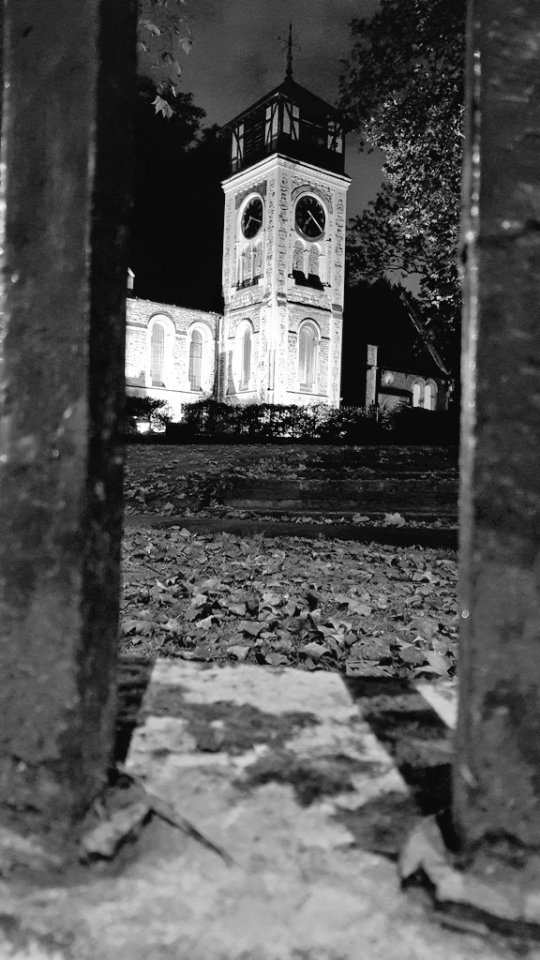
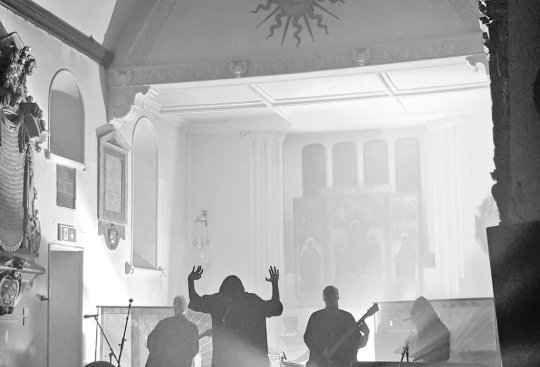
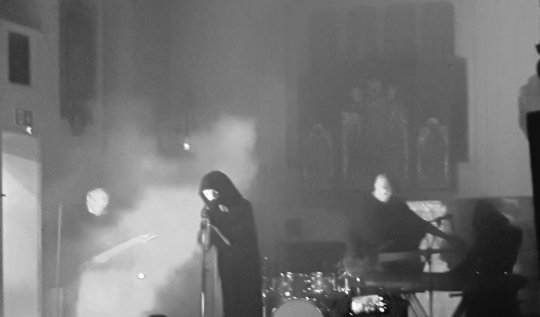

Imagery provided by Kapowitschris [imgur]
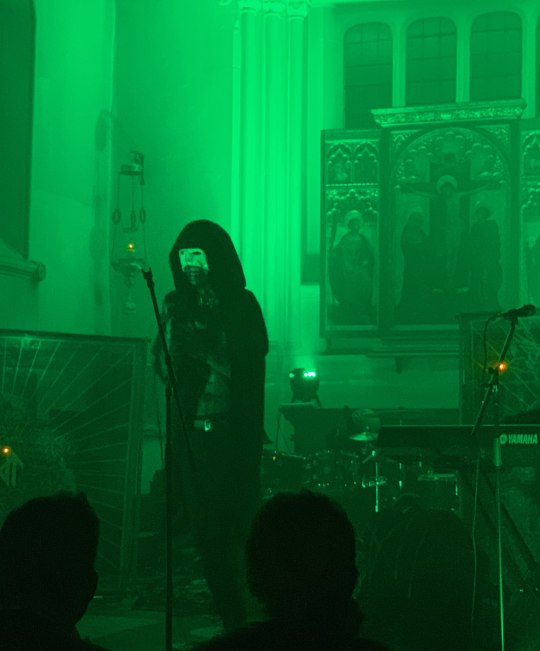
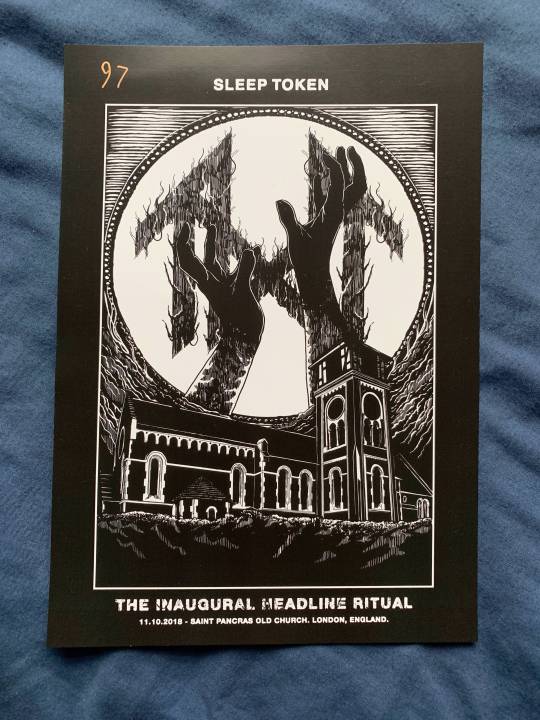
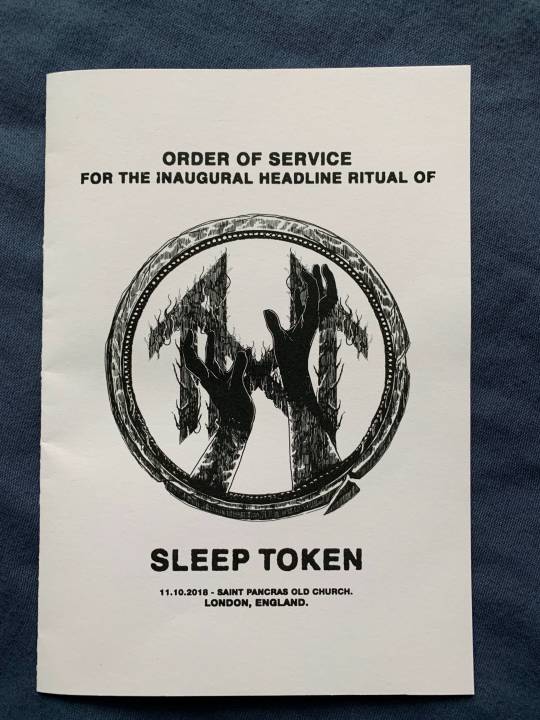
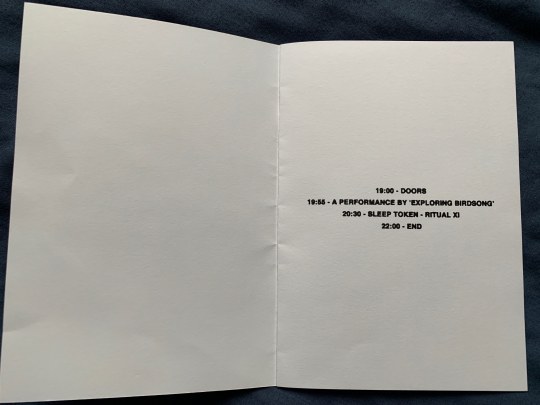
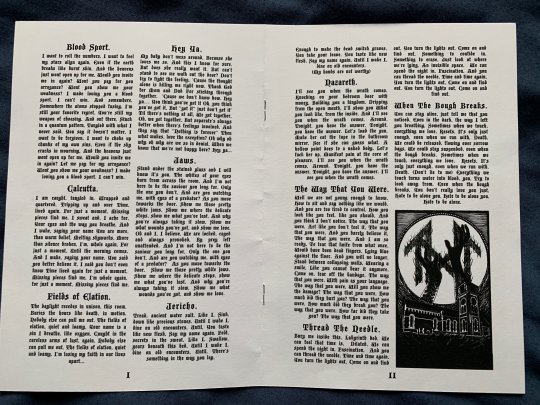
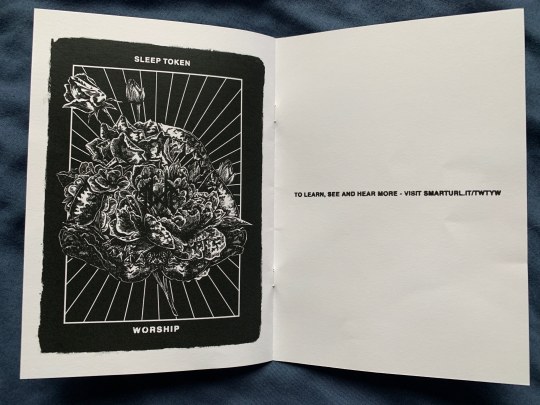

Additional photographic evidence by Jax Schulze [IG]
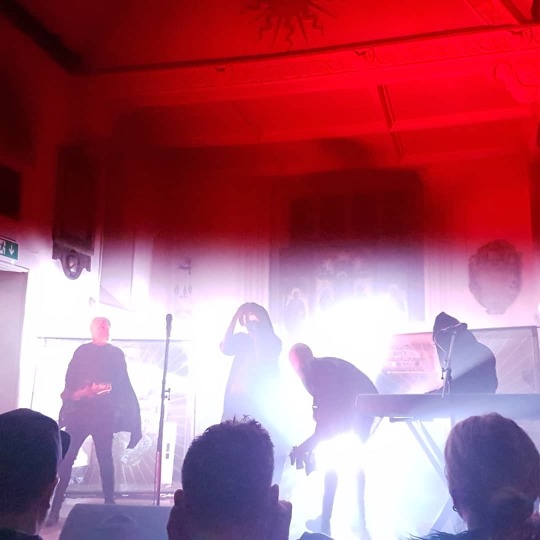
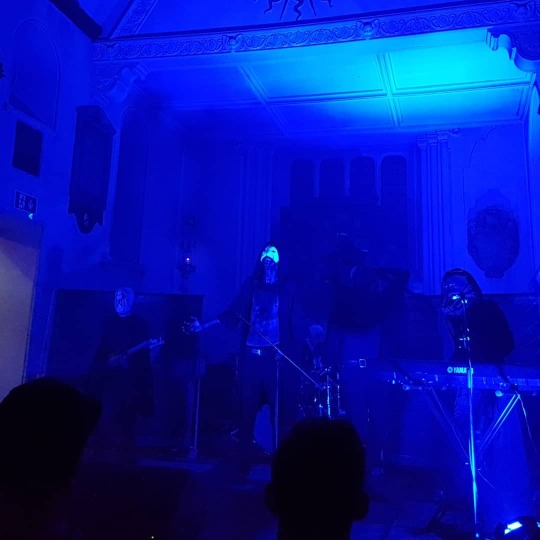
James Marshall recorded most of this evening's performance and this curator is grateful for that.
youtube
Additional photographic imagery by tjptours [IG]
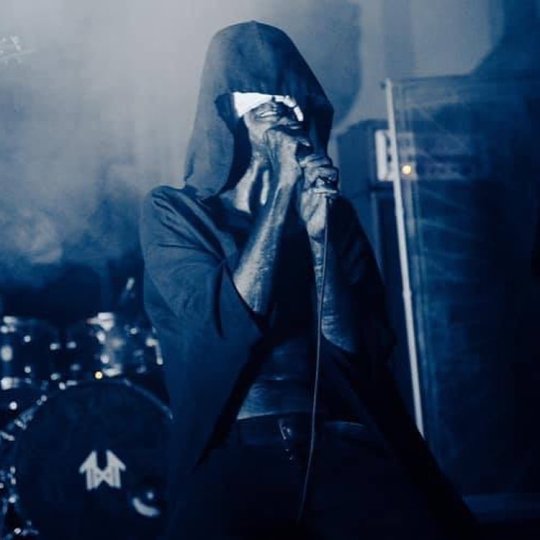
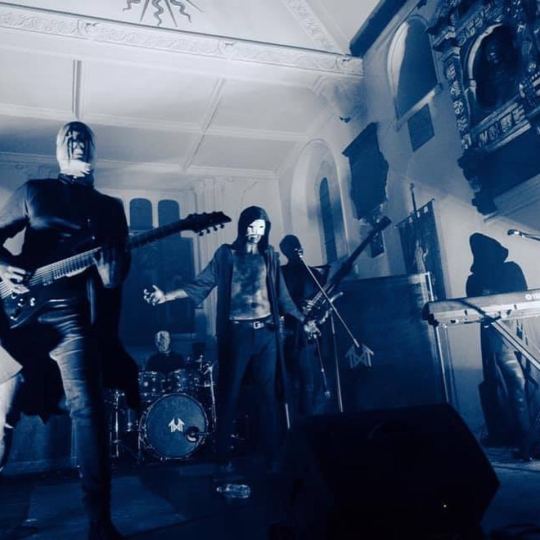
#sleep token#sleep token archive#on this day#first headline ritual#st pancras old church#rituals 2018#2018
119 notes
·
View notes
Photo

Indigo Revolt
The Indigo Revolt (aka Indigo Riots or Blue Mutiny) of 1859-60 in Bengal, India, involved indigo growers going on strike in protest at working conditions and pay. The subsequent violence was aimed at exploitative European plantation owners, but the cause was, during and after, taken up by anti-colonial Indian liberals as an example of the necessity for independence.
The Indigo Trade
India was known for its cotton textiles through the Middle Ages, and by the mid-16th century Gujarat in northwest India was major a source of indigo, the deep blue-violet dye used to colour cotton and other materials. Indigo was in high demand by the European trading companies, including the British East India Company (EIC) which made large profits from its export. The EIC used well the long-standing expertise of Indian indigo growers and dyers, particularly in centres such as Sarkhej in Gujarat and Bayana in neighbouring Rajasthan, both in northeast India.
The making of indigo dye was a long and labour-intensive process. The plant cuttings were harvested once a year in June or July before the onset of the rainy season. These were then taken to a factory by cart where they were emptied into large vats to steep in water. The dyed water and mash was then boiled as this brought out a richer colour in the indigo grains, which then had to be strained out. The grains were next pressed into dried cakes, which were in turn pressed into barrels or, alternatively, the mass was cut into cubes and packed into chests ready for transportation. Most indigo was shipped to Calcutta (Kolkata) for sale to merchants who then organised shipment to England or the Americas where it was used to colour textiles. From the late 18th century, Bengal became the major centre for indigo production, accounting for 67% of London's total imports of the dye in 1796 (around 2 million kilograms) and then rising further into the 19th century.
The indigo industry was a volatile one. Too much or too little rain greatly affected the quantity and quality of the dye produced each year, and in boom years, overproduction brought a crash in the price. Still, for the long-term investor, indigo could be a very lucrative industry indeed. Unfortunately, the financial speculation that resulted in such a crop with potential for large gains was another source of instability. Finally, the location of many indigo plantations made them prone to flooding, which not only damaged the crop but often swept away the factory facilities.
Continue reading...
27 notes
·
View notes
Text
vessel sings calcutta; london; 2018;
via @ ..sleeptoken;
🎥: @ danaegerton3870
#sleep token#vessel#sleep token vessel#Calcutta#idk if I’ve ever experienced this level of jealousy before. god I wish I could have seen them then.#sleep token ep two#baby vessel 🥲🥲🥲🥲 the love of our livesssssss#strobe lights
47 notes
·
View notes
Text
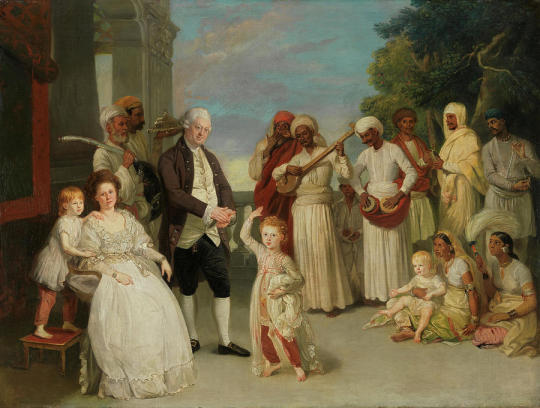
Group Portrait of Sir Elijah and Lady Impey
Artist: Johann Zoffany (German, 1733-1810)
Date: ca. 1783-1784
Medium: Oil on canvas
Collection: Museo Nacional Thyssen-Bornemisza, Madrid, Spain
Description
The present portrait depicts Sir Elijah and Lady Impey and their three children. The canvas must have been painted shortly after Zoffany’s arrival in India on 15 September 1783 as the Impey family returned to Britain in December of that year.
Sir Elijah Impey was born on 13 June 1732 at Butterwick House. On 18 January 1768 he married Mary, son of Sir John Reade. Impey was appointed Chief Justice to the Supreme Court in Calcutta, an institution founded in 1773 and which he joined in 1775. It would seem that professional jealousy led him to exceed his functions and he also executed the function of President of the Central Court without the necessary permission from London. His conduct was reported and he was obliged to return to Britain to give an account of his actions.
#group portrait#oil on canvas#sir elijah#family#lady impey#british family#india#full length#celebration#men#women#children#hindu dress#music#artwork#oil painting#fine art#architecture#trees#musical instruments#chair#stool#painting#german culture#german art#johann zoffany#german painter#european art#18th century painting#museo nacional thyssen-bornemisza
20 notes
·
View notes
Text
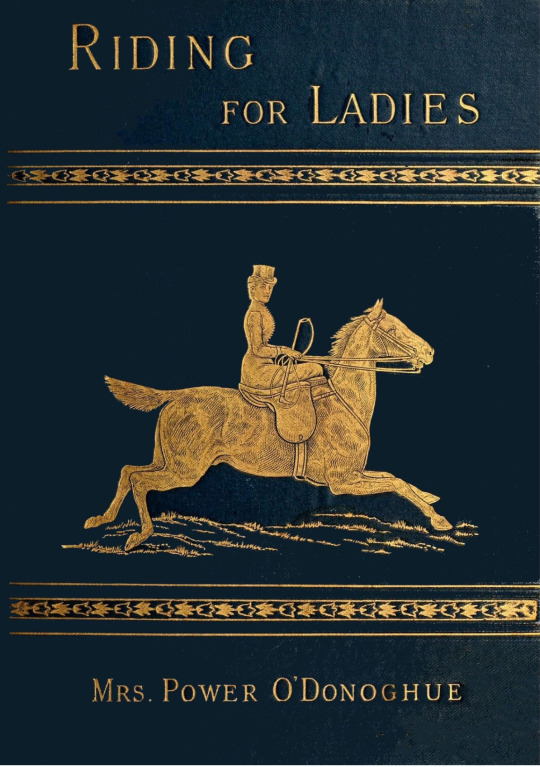
RIDING FOR LADIES by Mrs. Power O’Donoghue. (London/Calcutta/Bombay: Thacker, 1887) Illustrated by A Chantry Corbould.
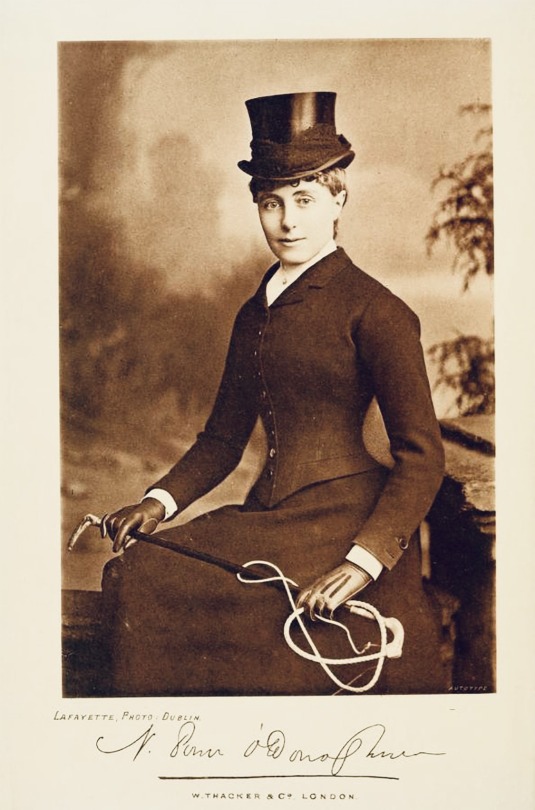
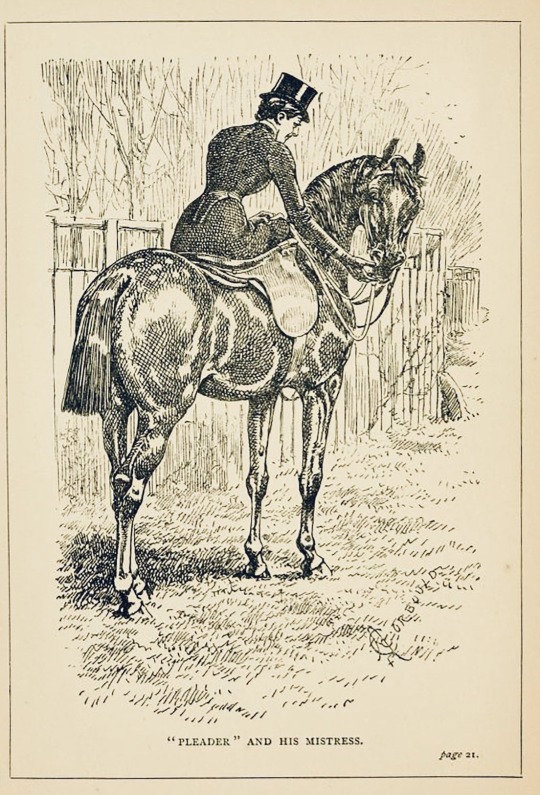
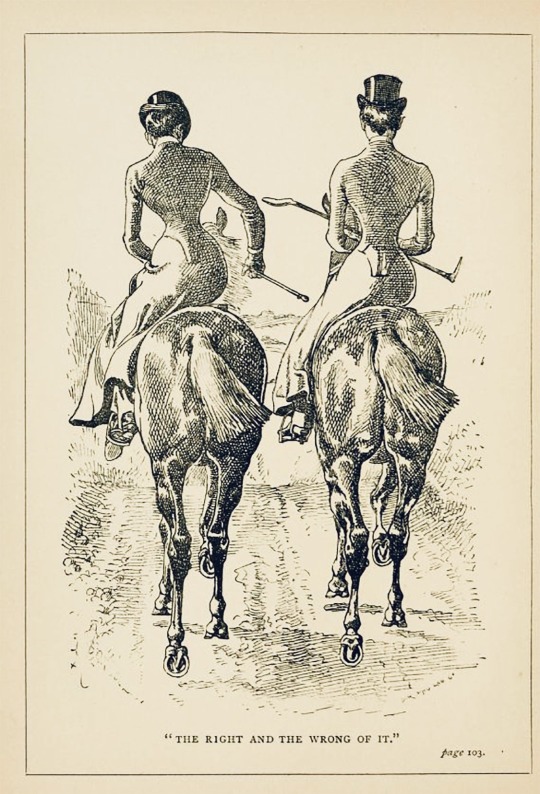
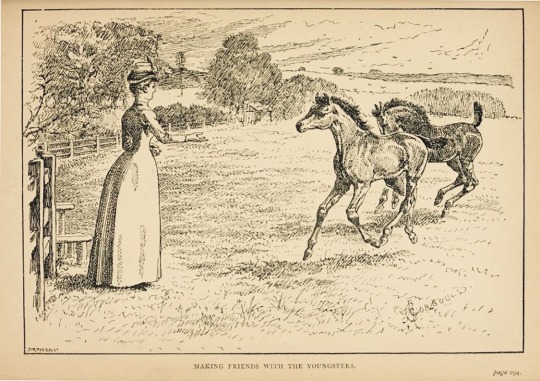
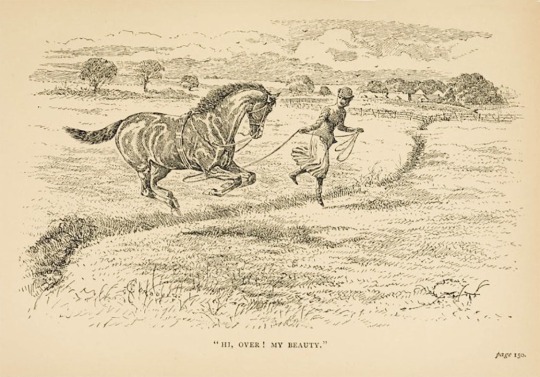
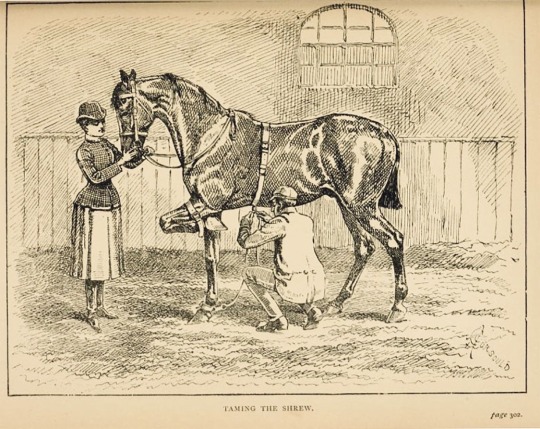
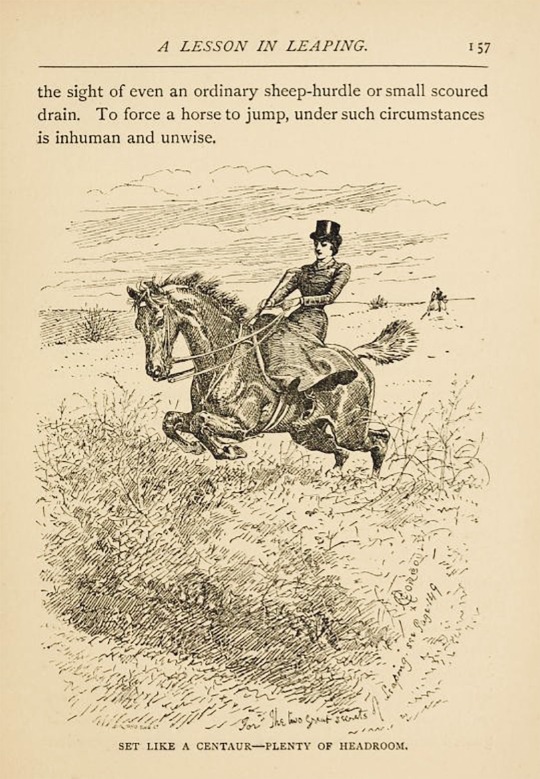
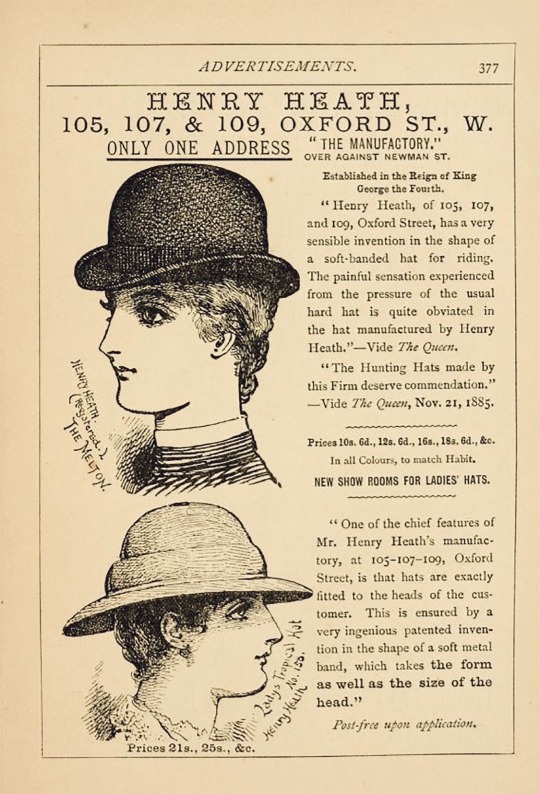
source
#beautiful books#book blog#books books books#book cover#books#vintage books#illustrated book#victorian era#horseback riding#women#horse riding#book design#a. chantry corbould#women’s sports
166 notes
·
View notes
Text
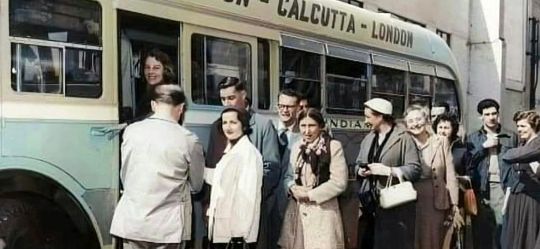
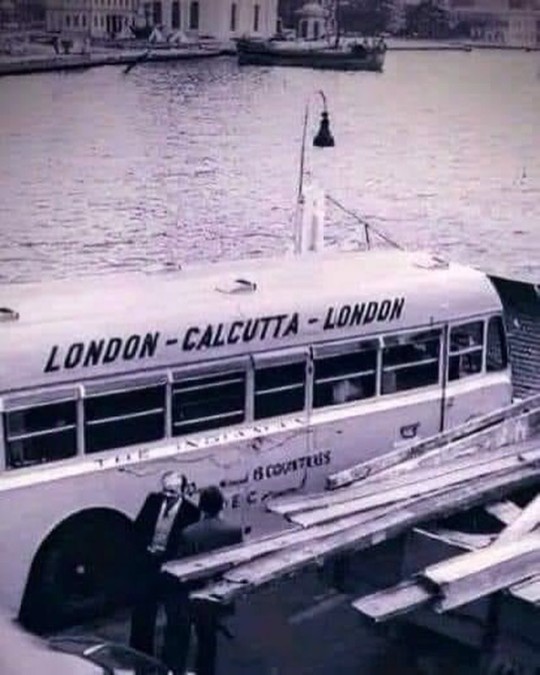
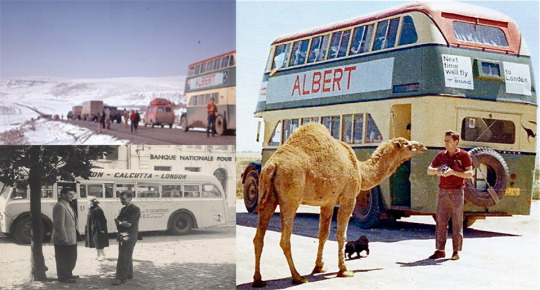
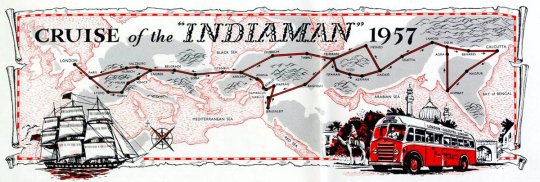
The famous London to Calcutta return bus service, 1957-76: 32,000km, 50 days, with sleeping bays and a kitchenette. The bus ride took passengers from England to Belgium, West Germany, Austria, Yugoslavia, Bulgaria, Turkey, Iran, Afghanistan, Pakistan and Northern India, stopping a various attractions along the way.
21 notes
·
View notes